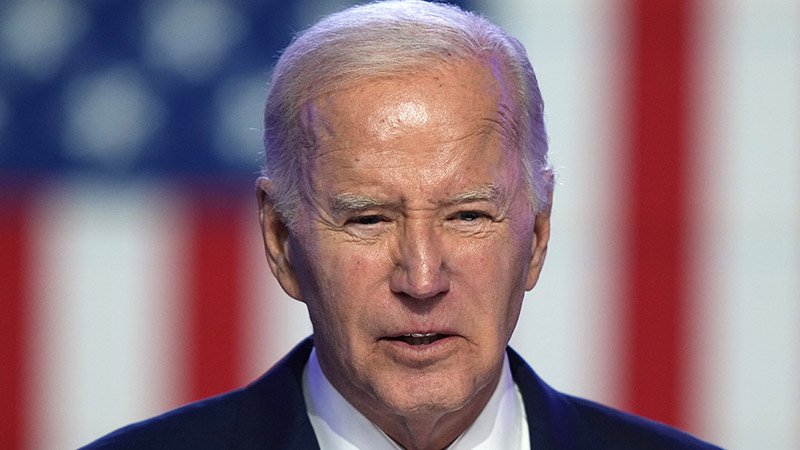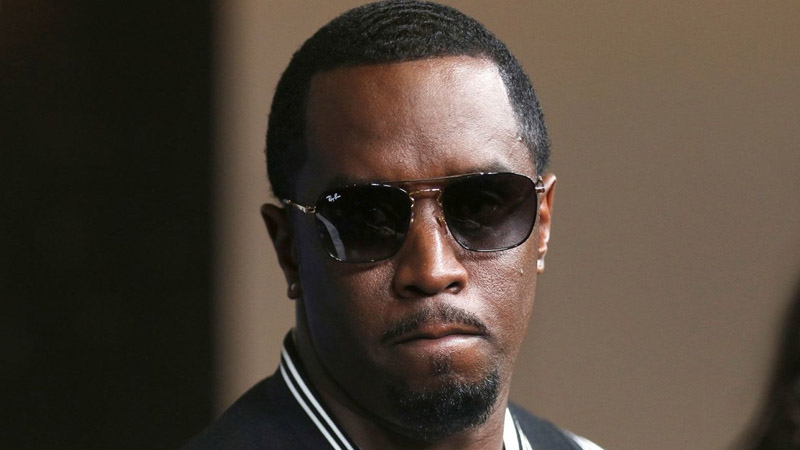“Florida — uh, Congressman…” Hannity’s Slip Amid Criticism of Biden’s Cognitive Abilities

(AP Photo/Matt Rourke)
In an awkward moment on live television, Fox News host Sean Hannity mistakenly referred to Rep. Michael Waltz (R-FL) by the name of his state rather than his actual name. This slip occurred shortly after Hannity questioned President Joe Biden’s cognitive abilities, suggesting he was unfit for office.
“Here with reaction, Hoover Institution senior fellow Victor Davis Hanson, Florida Congressman Michael Waltz,” Hannity began, before stumbling, “Florida — uh, Congressman…” The clip, flagged by Acyn Torabi of the progressive Midas Touch, quickly circulated online.
In recent weeks, Fox News and other right-wing media outlets have been pushing a narrative that Biden has lost his mental faculties, using a series of deceptively edited videos. These videos, termed “cheap fakes,” are not fully engineered deepfakes but are cut or cropped to create the impression that Biden is cognitively impaired.
One recent example involved the New York Post showing a clip of Biden appearing to wander off from other leaders at the G7 summit, omitting the context that he was interacting with a paratrooper off-screen.
While Biden has been known to stumble over words in his speeches, often a result of managing a lifelong stutter, such verbal missteps are common in everyday speech. Hannity’s own flub underscores this point, as even seasoned media professionals and politicians are prone to similar mistakes.
Former President Donald Trump, a frequent critic of Biden, also experienced his share of speech errors. Just this week, Trump delivered a speech in Racine, Wisconsin, that was loaded with verbal blunders.
The focus on Biden’s cognitive abilities by right-wing media contrasted with Hannity’s slip, highlights the often one-sided scrutiny politicians face. While some flubs are used to question a leader’s fitness for office, others are dismissed or overlooked, depending on the political narrative being pushed.
Hannity’s error, however minor, serves as a reminder of the double standard in political discourse and the ease with which anyone can make a mistake on live television. This incident also calls into question the fairness and objectivity of media critiques regarding public figures’ cognitive abilities.
As the political landscape continues to be shaped by media narratives, it’s important to approach such claims with a critical eye and recognize the human propensity for occasional errors.


